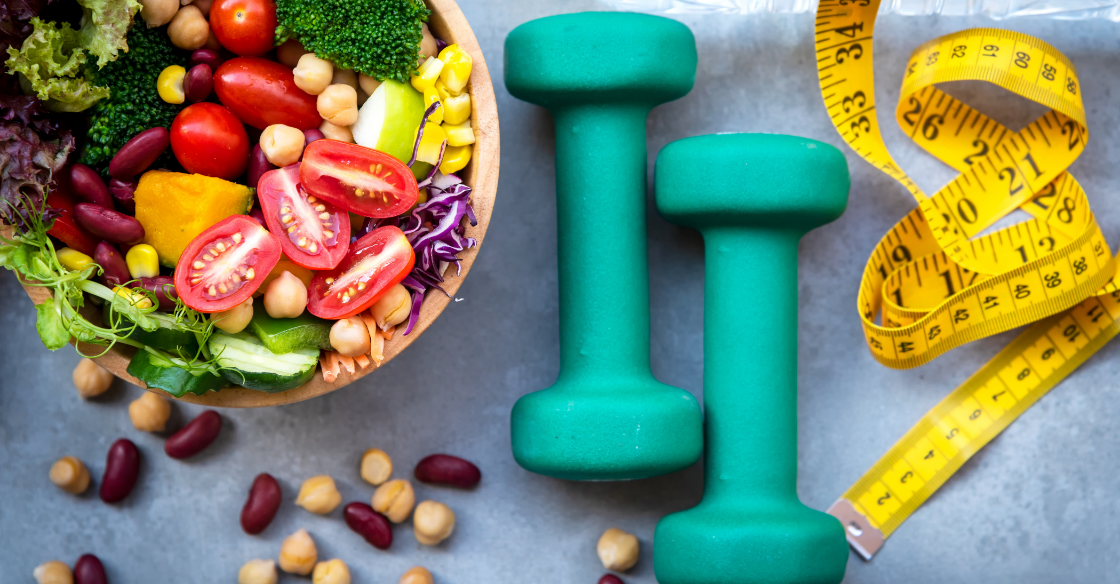Many of us wake up every morning and immediately run to the scale to weigh ourselves. While there’s nothing inherently wrong with keeping track of your weight, stepping on the scale daily may negatively impact you.
As we weigh ourselves day in and day out, we often begin to judge our self-worth based on the feedback provided by the scale. This can lead to a slippery slope in your weight loss journey. We’ll discuss the pros and cons below.
Is There Value In Weighing Yourself Every Day?
The number that pops up on your scale is no true indicator of fitness. All it does is inform you of whether you’ve lost or gained weight. With that being said, research seems to support the idea that weighing yourself daily can be beneficial to your weight loss journey.
The process of “self-monitoring,” as it’s popularly known, helps to modify certain types of behavior (such as eating specific types of foods that cause you to gain weight).
The Pros and Cons of Weighing Yourself Daily
One of the major risks of weighing yourself every day is the possibility of feeling discouraged. If weighing yourself causes harm to your mental health, there are other ways to monitor your weight-loss journey.
While keeping track of your weight day by day helps some people stay more accountable for diet and exercise, it isn’t recommended for everyone.
Simply put, if stepping on the scale causes you to stress out more than it does to motivate you, you should consider weighing yourself on a less frequent basis. Checking in with the scale once a week might be a better way to track your weight without developing an obsessive focus on it.

What Causes Weight Fluctuations Throughout the Day?
Several factors can cause your weight to fluctuate throughout the day, which could cause your scale to give you an inaccurate reading. These include:
You’re Gaining Muscle
Some people are coupling weight training with their fat loss strategy. If this is part of your strategy and you’re hitting the weights hard, be aware that you may gain muscle faster than losing fat.
As a result, you may end up picking up more weight as you build muscle. However, this type of weight gain is positive. With more muscle, you will be increasing your overall metabolism, and you will burn more fat at rest.
You Weigh Yourself Under Various Conditions
Your scale can be very misleading, especially if you don’t weigh yourself under controlled conditions. In most instances, you’re going to weigh more during the day after you’ve eaten.
You also have to factor in water weight, which can vary drastically during the day.
Eventually, your body will naturally shed this extra weight. However, weighing yourself before the weight has been shed can lead you to believe that your exercise regimen or diet isn’t working.
Your Glycogen Levels Are Changing
When your body requires a short-term energy source, it will tap into your glycogen levels. You can cause your body to increase glycogen production by consuming foods rich in carbs, such as bread or pasta.
Weight becomes a factor because 3 to 4 grams of water will bond to each gram of glycogen in your body. Essentially, the more glycogen in your body, the more water weight you take on.
So, How Often Should You Weigh Yourself?
Optimally, it isn’t a question of how often you’re weighing yourself but rather when you weigh yourself. The best time is first thing in the morning after using the restroom and before you eat anything.
That way, you significantly reduce the number of factors that can cause your weight to fluctuate. Be mindful that the feedback you receive from your scale is only one small aspect of your overall health.
Better indicators of progress include testing your strength limits. For instance, is it easier to lift that 50 lb dumbbell? Body fat percentage is a better gauge of fat loss than your overall weight on the scale.
Reach Out to Weight Loss Professionals
Obesity is a condition that can be treated to ensure you live a long and healthy life.
Whenever you’re ready, we can help. Olde Del Mar Surgical is a premier bariatric clinic that can help you take control of your life once more by offering life-changing weight loss surgery. Reach out to us today to learn more.
You May Also Like
-
When to Consider Weight Loss Surgery for Teens
Feb 20, 2019
-
Does Bariatric Surgery Affect Fertility?
Apr 18, 2025
-
The Benefits of Increasing Fiber And Potassium In Your Diet
Feb 27, 2019
-
What to Expect During Bariatric Surgery Recovery
Feb 11, 2020
-
10 Reasons to Choose Olde Del Mar Surgical for Your Bariatric Surgery
Jul 17, 2019